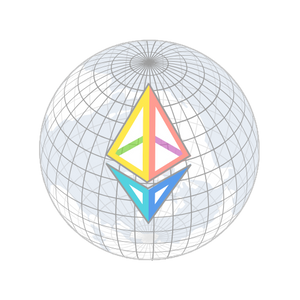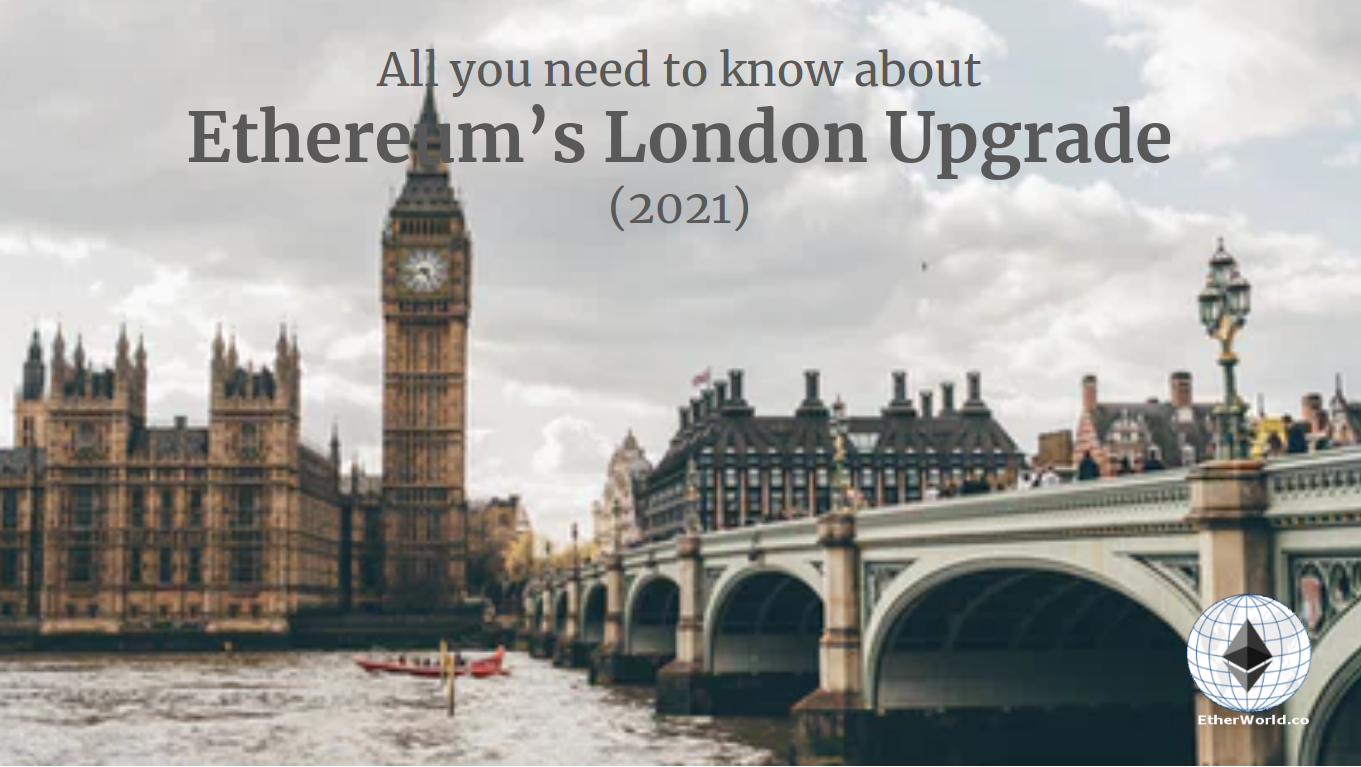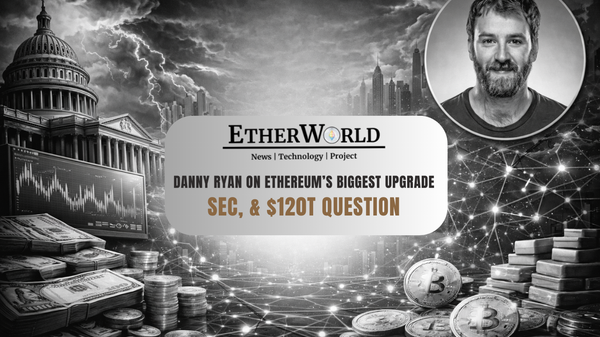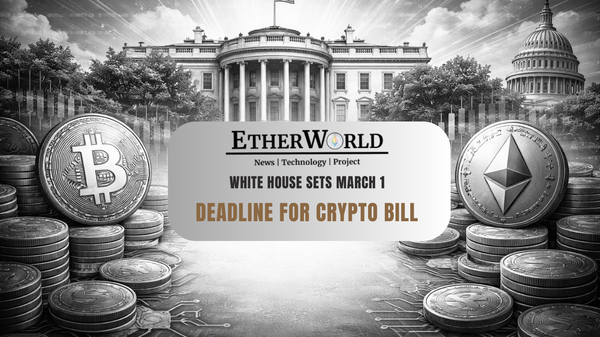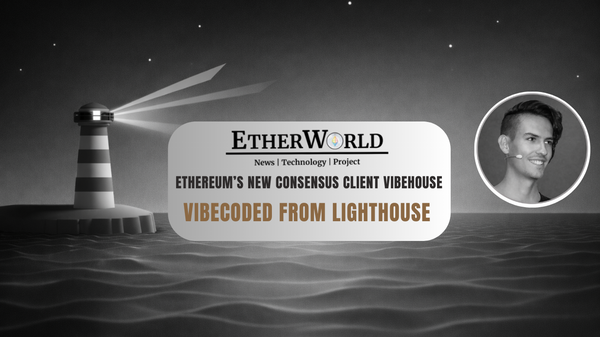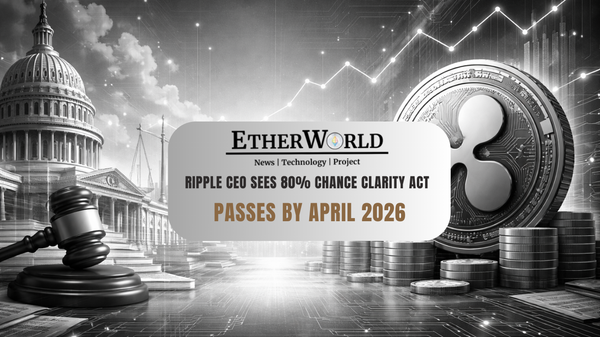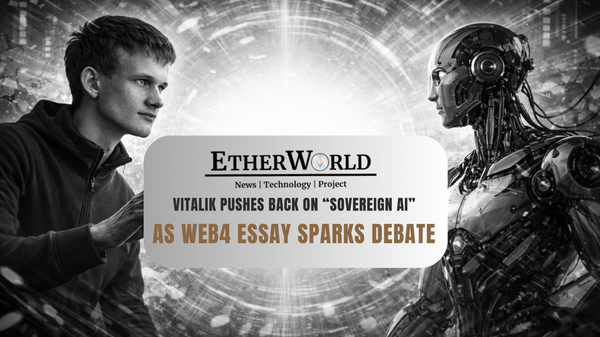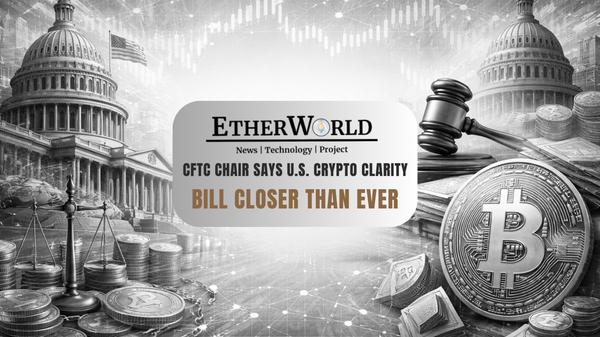London, the most awaited upgrade of the year is now deployed on the Ethereum blockchain. This upgrade is a result of several months of research, development, testing & communication work done by multiple teams utilizing thousands of manhours.
Nearly $1M of ETH per hour on average has been burned since implemented this morning.
The groundwork started way before the last upgrade Berlin with EIP-1559. As the Berlin upgrade was getting ready for public testnet, the clients’ team were working on the shortlisting of proposals to go in the London upgrade along with the Fee Market Change proposal. The arrival of the difficulty bomb has already indicated the tentative timeline for London to be on the mainnet.
Key highlights
- First block (12965000) mined on Aug-05-2021 12:33:42 PM +UTC
- First for Ethereum, block #12965263 burnt more ETH than issued.
- 1 gwei priority fee txn sent and mined in ~1 minute.
Upgrade Schedule
| Network | Block | Expected Date | Fork Hash |
|---|---|---|---|
| Mainnet | 12965000 | August 5, 2021 | 0xB715077D |
| Rinkeby | 8897988 | July 7, 2021 | 0x8E29F2F3 |
| Goerli | 5062605 | June 30, 2021 | 0xB8C6299D |
| Ropsten | 10499401 | June 24, 2021 | 0x7119B6B3 |
Client's sync status
As per the stats provided on Ethernodes, 85% of nodes are in sync at the time of writing.
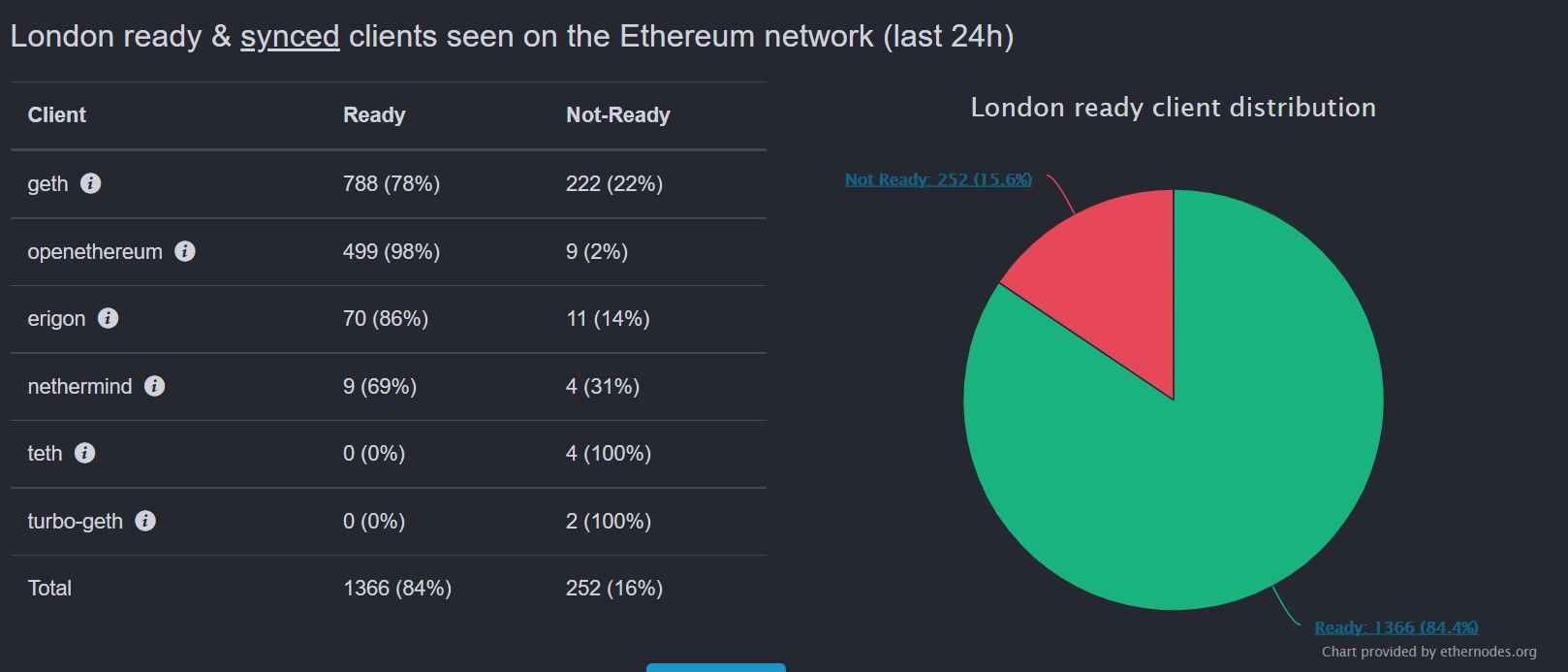
If you are running Ethereum node or a Beacon chain validator node, you must upgrade the latest client version listed in the Ethereum Foundation announcement blog.
ETH cumulative fee burning
Fee burn is a mechanism introduced with the activation of EIP-1559. Basically it destroys ETH base fees paid for transaction for inclusion on Ethereum.
There are some dashboard where people can follow the fee burn (ETH). Popular dashboards are:
Ethereum Improvement Proposals in London
With careful selection, five proposals were shortlisted and, they are:
EIP-1559: Fee market change
One of the most discussed proposals of the London upgrade. The EIP will introduce a “base fee” in blocks on the network which will track the gas price that the network will accept from transactions based on demand for blockspace. The gal limit is increased twice the earlier limit, it’s at 30 mil and the effort is put towards not pushing it down.
Additionally, EIP-1559 adds a new transaction type where users can specify the maximum fee they are willing to pay, along with the maximum they are willing to send to the miner, and get a refund for the difference between that maximum and the base fee and miner tip.
EIP-3198: BASEFEE opcode
This proposal is a companion to EIP-1559. It simply adds an opcode, BASEFEE, which returns the value of the base fee for the block it is executed in. This will enable smart contracts to access this value on chain, which can help with submitting fraud proofs and creating trustless gas price derivatives.
EIP-3529: Reduction in refunds
Another significant change introduced in London is the removal of gas refunds from SELFDESTRUCT and reduction of refunds for SSTORE.
This proposal basically remove the usage of the Gas Tokens which was being used by miners and many other to get refunds for the execution of transactions when gas prices rise.
Originally this mechanism was intended to incentivize developers to clear the state when possible, but in practice they have led to an increased state size with the invention of Gas Tokens.
Vitalik & Martin had to undergo multiple iteration before the proposal could finally make it to the London upgrade.
EIP-3541: Reject new contracts starting with the 0xEF byte
It is a fairly simple proposal which disallows the creation of a smart contract which starts with 0xef byte. This change in itself is not providing any major improvement however it is the first step for bigger changes.
This 0xEF byte byte is an unassigned instruction today. So if a user try to deploy any contract, it wouldn’t do any good but some bigger changes are expected with EIP-3540 in later upgrades.
It is important because today's byte code is just a stream of bytes; there’s no structure to it. It is useful for some of the properties, but it also restricts some of the development & improvement of EVM changes.
EIP-3540 - introducing a container format for EVM bytecode. It will introduce a structure, separate the code in data, it also makes it possible for future improvements to happen. A bunch of potential improvements have already been published. And a bunch of other proposals are to be built on top of this.
EIP-3541 is pretty exciting for people working closely on EVM and was proposed by Axic, Pawel Andrei and a few other developers of the community for the London upgrade.
EIP-3554: Difficulty Bomb Delay to December 1st 2021
EIP-3554 delays the difficulty bomb, also known as the ice age. Ice age is something when it becomes very difficult for miners to mine due to increased difficulty incorporated in Ethereum’ PoW algorithm. It is important to keep this to enforce constant upgrading of the chain.
This time the difficulty bomb is being pushed till Dec 2021, so we may expect another upgrade to push it even further. This can be one proposal only or may include multiple proposals.
All these proposals are explained by authors/co-authors on PEEPanEIP video series. So give it a watch if you're interested to learn more about it.
- EIP-1559: Fee market change with Tim Beiko, Barnabe Monnot, Micah Zoltu
- EIP-1559 with Tim Beiko
- EIP-3198: BASE FEE opcode with Ratan Rai Sur
- EIP-3403: Partial removal of refunds with Vitalik Buterin & Martin Swende
- EIP-3540 & EIP-3541 with Alex B., Paweł B., Andrei M.
- Difficulty bomb & EIP-3554 with James Hancock
Useful resoures:
- London Mainnet Announcement
- London Upgrade Overviewhttps://youtu.be/nWAZmFVpCv8
- London Upgrade Community Call
- London PEEPanEIP video series
- Shedding light on the Ethereum Network Upgrade Process
- EIP-1559 Community Outreach Report
This article is created for educational purposes only. Please read the disclaimer section below.
________________________________________________________Disclaimer: The information contained on this web page is for education purposes only. Readers are suggested to conduct their own research, review, analyze and verify the content before relying on them.
To publish press releases, project updates and guest posts with us, please email at contact@etherworld.co.
You've something to share with the blockchain community, join us on Discord!
Follow us at Twitter, Facebook, LinkedIn, Medium and Instagram.
